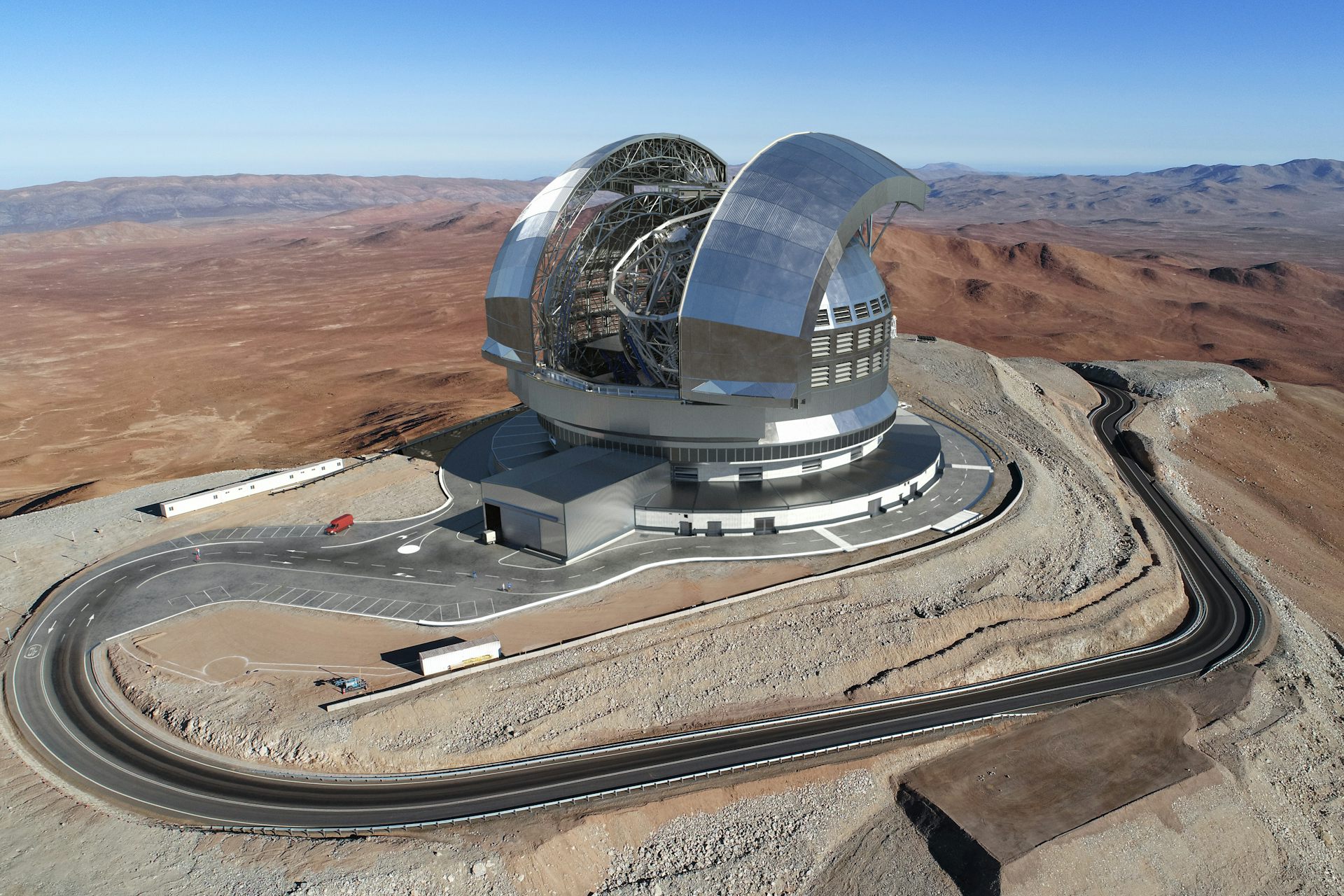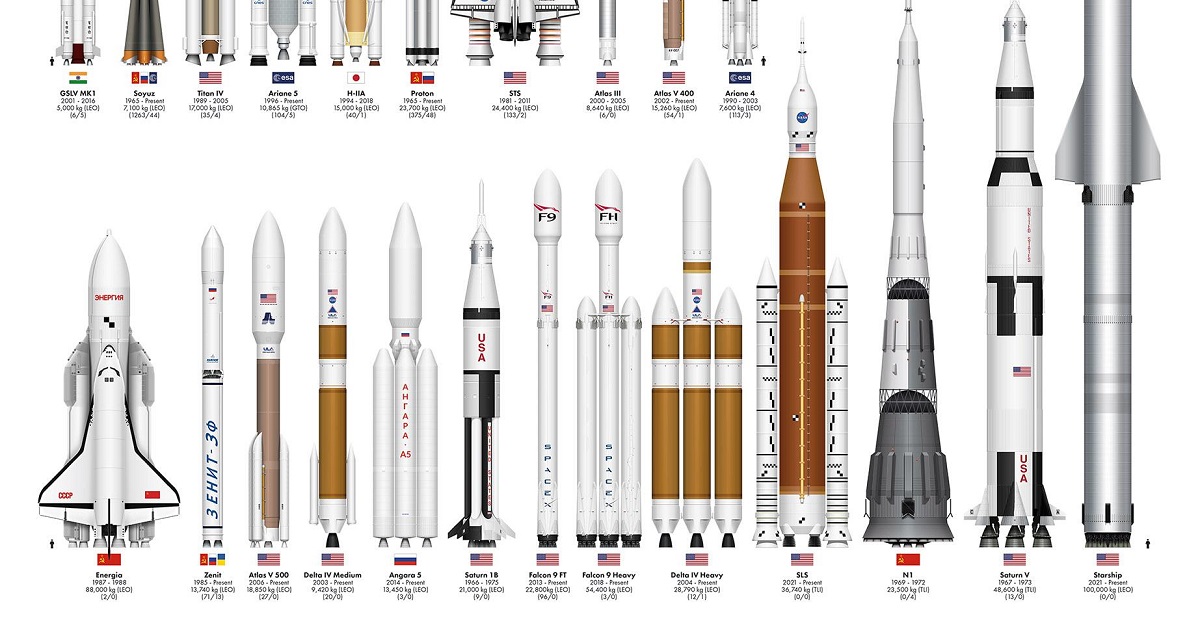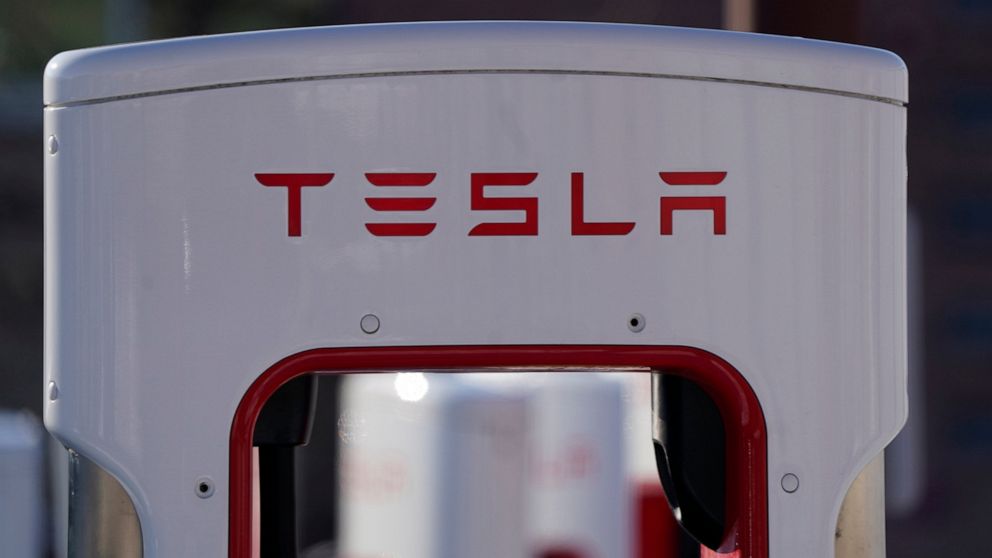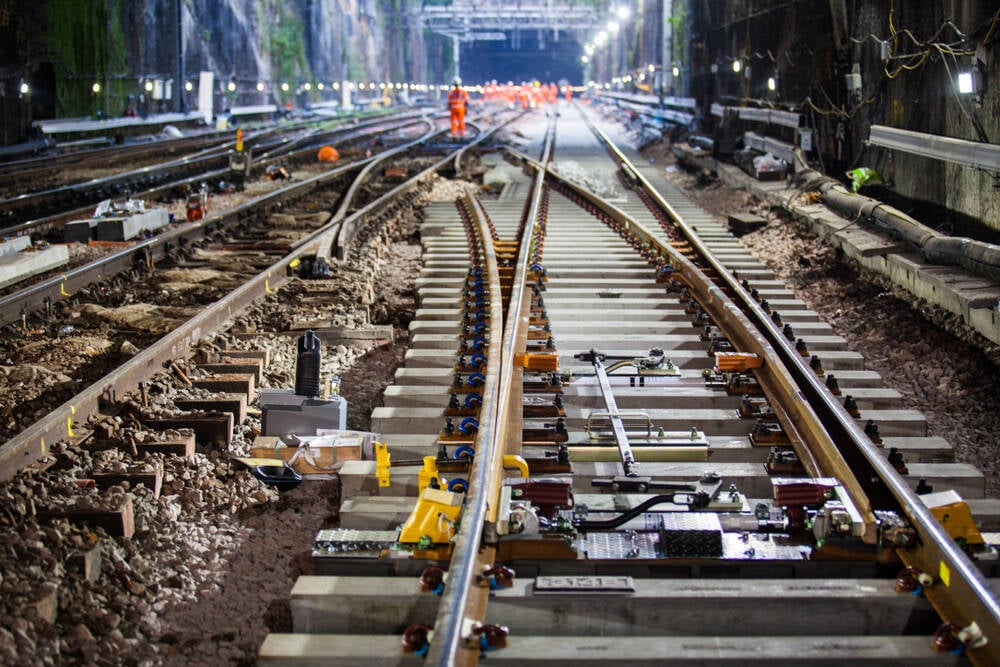
Probing unknown unknowns: A new generation of telescopes
In recent decades, we’ve learnt huge amounts about the universe and its history. The rapidly developing technology of telescopes – both on Earth and in space – has been a key part of this process, and those that are due to start operating over the next two decades should push the boundaries of our understanding of cosmology much further.
All observatories have a list of science objectives before they switch on, but it is their unexpected discoveries that can have the biggest impact. Many surprise advances in cosmology were driven by new technology, and the next telescopes have powerful capabilities.
Still, there are gaps, such as a lack of upcoming space telescopes for ultraviolet and visible light astronomy. Politics and national interests have slowed scientific progress. Financial belts are tightening at even the most famous observatories.
The biggest new telescopes are being built in the mountains of Chile. The Extremely Large Telescope (ELT) will house a mirror the size of four tennis courts, under a huge dome in the Atacama desert.





















